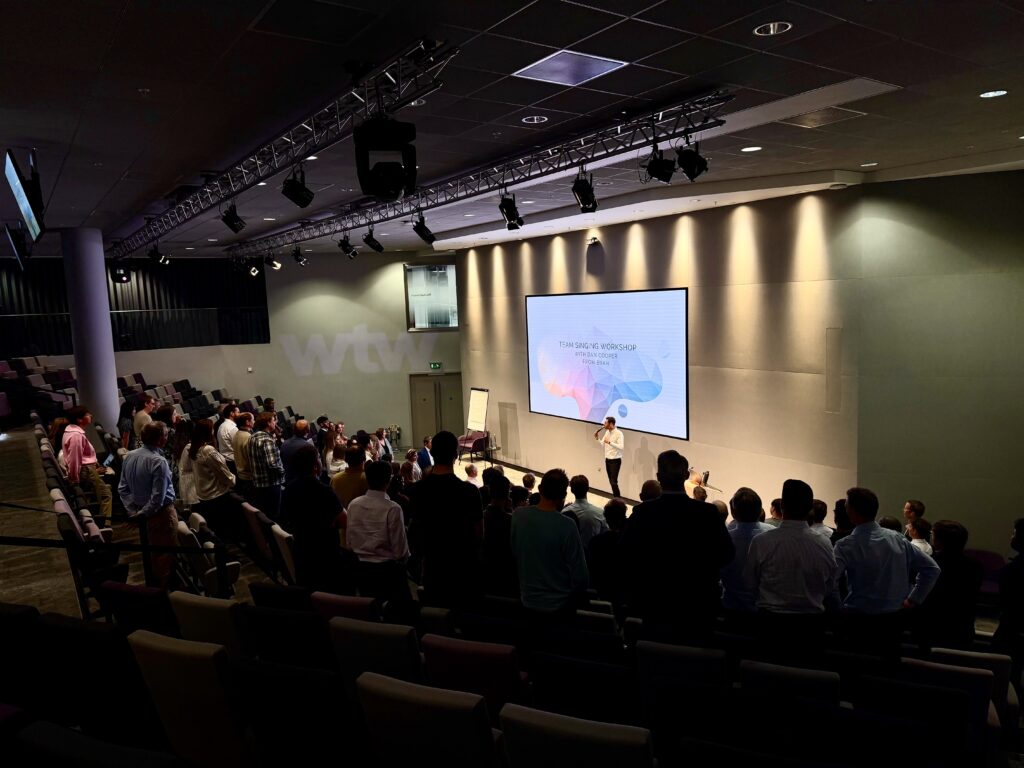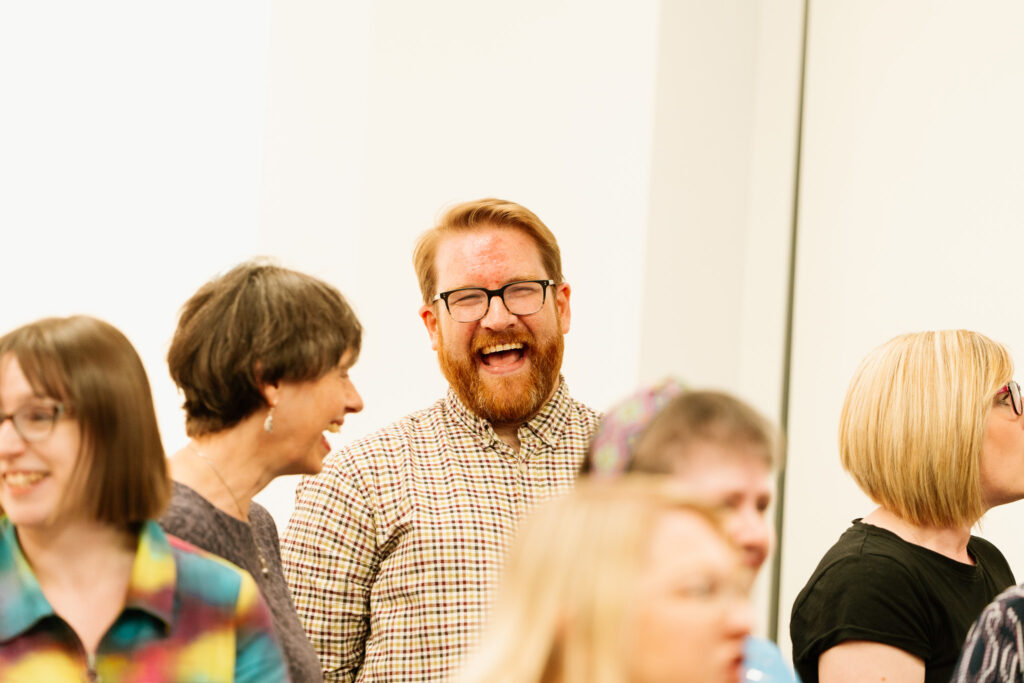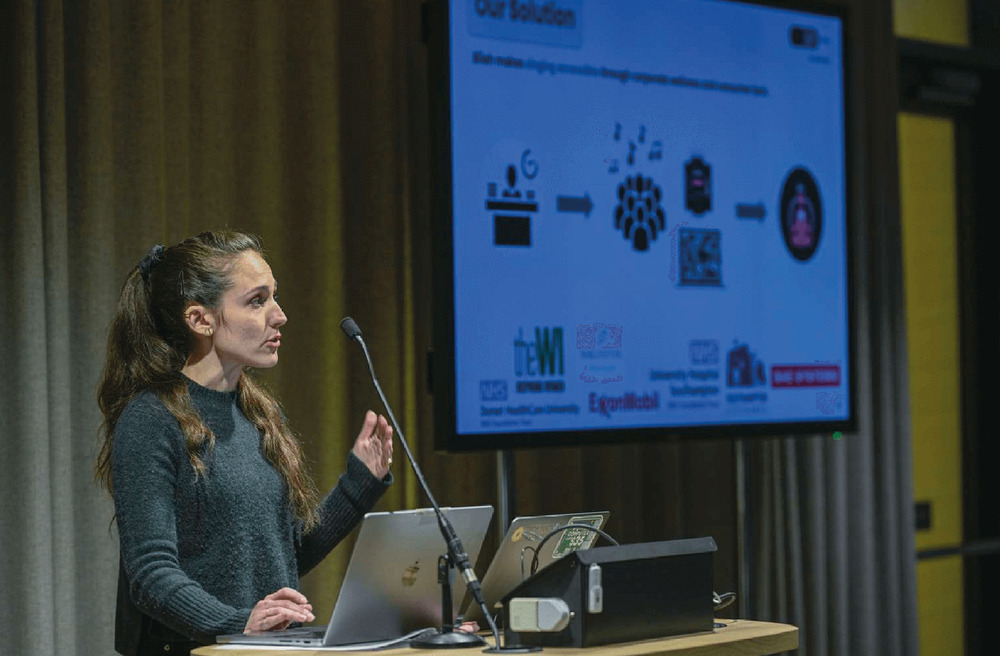Your lungs are the power supply for your singing voice [3]. In a study exploring mental health and wellbeing for amateur choral singers [1], many members believed that regular singing had brought health benefits, for example a member reported that taking part was ‘‘good for my breathing – it helped me on my walking trip to Peru’’. Singing even appeared to motivate some members to actively take care of their lungs in order to preserve their singing voice. One singer explained ‘‘…because you need good breath volume and diaphragm muscles to sing well, you are more likely to avoid smoking.”
Singing has been used to help people with long- term chronic respiratory conditions such as COPD (chronic obstructive pulmonary disease) for some time. The British Lung Foundation run a programme Singing for lung health.
Sessions include a variety of breathing exercises, songs and relaxation techniques, and there’s no need for people taking part to read music or have any singing experience. The session leader chooses songs that are helpful for people with a lung condition, but they are also fun for anyone. Some songs have a ‘call and response’ format so singers can listen and repeat what the leader sings without having to read or think about what’s coming next. There are some exercises you can try at home. Watch a short film here.
“after about 10 minutes I’m able to switch my oxygen off, because I feel I’ve got more control over my breathing” – Lynne
“It just takes all the worries away” – Jill
Physical distancing measures to reduce COVID-19 transmission have been in place for a year, and concerns that group singing is a high risk activity have made programmes like Singing for lung health difficult to deliver – at a time when many more people need rehabilitation to rebuild their breathing and lung capacity, in recovery from coronavirus. This has necessitated a move online.
The trial ‘Singing for Health: Improving Experiences of Lung Disease’ (SHIELD) was initially set up to validate the benefits of Singing for Lung Health therapy more generally. In response to the current challenges, the programme has also been examining a pilot study delivering sessions online, with participants from a specialist COPD clinic at the Royal Brompton Hospital London [2].
The online study hasn’t been without challenges, for example, it isn’t possible to sing together in unison online (see Real-time online music performance – fact or fiction? for more on this). Some participants only have limited access to the internet and others have needed technical support to become comfortable using online technology. Many missed the social interaction that their face-to-face sessions involve. Despite the challenges, online delivery was still found to be extremely valuable. As one participant reported:
Even online, it’s an uplifting thing to do for mental health. We spent quite a lot of time laughing. Singing as a group is special.
There were also some benefits of online delivery. One participant reported that they could attend even when they weren’t feeling well, and would not have attended in person had they needed to physically transport themselves to the session. Another felt that by being online they felt less self-conscious singing with the group. As they were muted and knew the rest of the group couldn’t hear them, they had the social experience of singing with their group, but with the confidence to sing out loud.
ENO Breathe is another initiative responding to the current specific threat to our lung health. Delivered by English National Opera in collaboration with Imperial College Healthcare teams, the programme is entirely online and focuses on re-training breathing through singing “...to empower patients in the management of breathlessness and anxiety post COVID-19 infection, by equipping them with the tools they need for self-management.“
Suzi Zumpe, Singing Specialist and Creative Director of ENO Breathe, recently explained to the BBC’s David Sillito how the programme works (watch the full interview here):
Participants leave sessions with a calming song in their hearts – and crucially – this creates a positive emotional connection to a wealth of tools and exercises to help manage their symptoms, making these exercises more memorable, more meaningful and more usable.
Suzi Zumpe – Singing Specialist and Creative Director of ENO Breathe
Author: Dr. Sam Duffy
Research References
[1] Livesey, L. et al. 2012. Benefits of choral singing for social and mental wellbeing: Qualitative findings from a cross-national survey of choir members. Journal of Public Mental Health. 11, 1 (2012), 10–26.
[2] Philip, K.E.J. et al. 2020. Moving singing for lung health online in response to COVID-19: Experience from a randomised controlled trial. BMJ Open Respiratory Research. 7, 1 (Nov. 2020), 737.
[3] Sundberg, J. 1977. The acoustics of the singing voice. Scientific American. 236, 3 (1977), 82–84, 86, 88.








